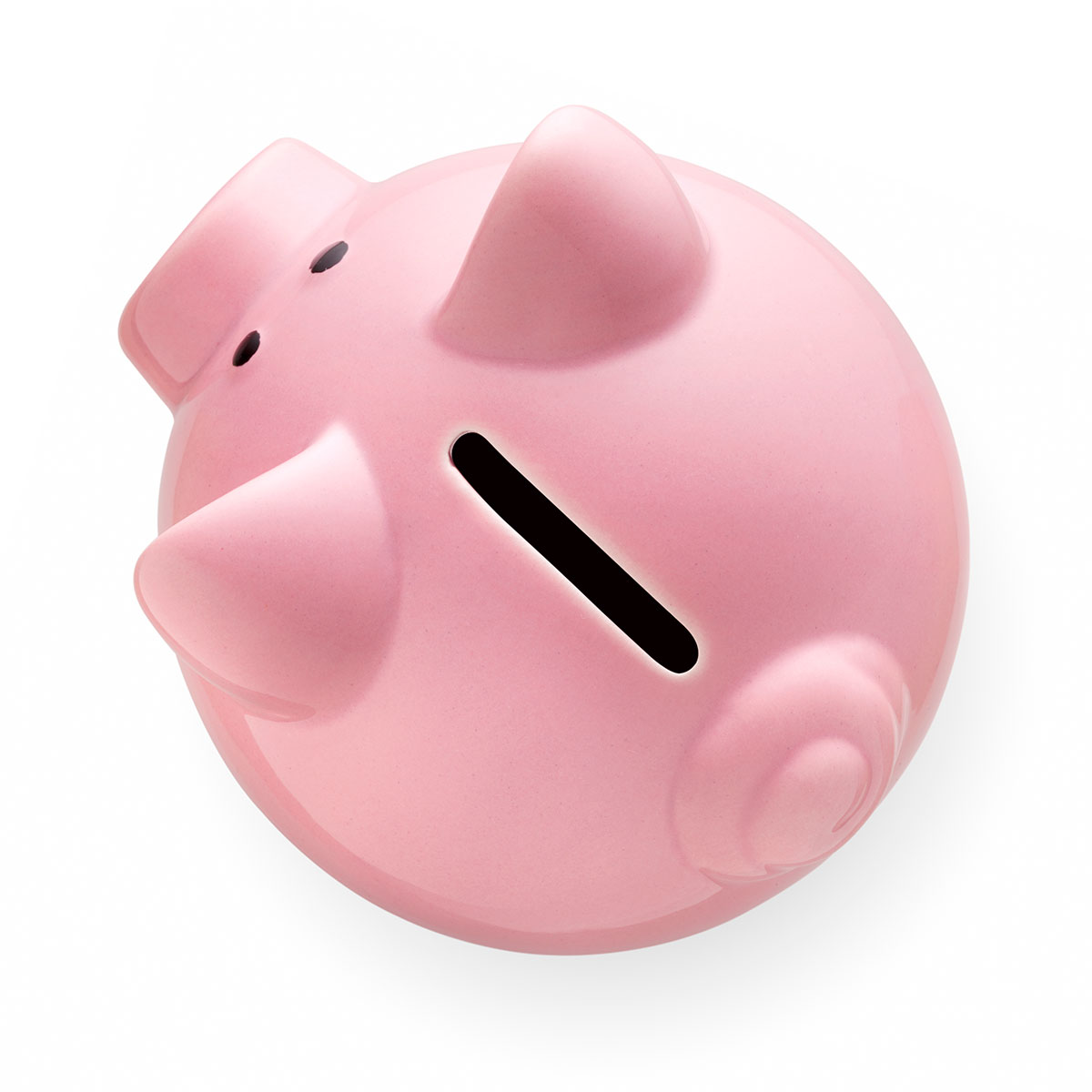Just like your natural teeth, dental crowns and other types of restorations should be cared for as if they were a real tooth. After all, they’re now a permanent part of your smile. The better you maintain your dental health and care for your new crown, the longer you can expect it to last.
Here are a few important things to keep in mind:
Clean Around the Margins
Around every crown is a margin that can collect bacteria. These areas need to be cleaned as good as (if not better than) your natural teeth. Otherwise small amounts of bacteria, plaque, and acid can start to eat away at the enamel where your crown tapers off.
This may not seem like a big concern, but over time a cavity can develop under your crown and even cause it to fall off. Your dentist may never know that it’s there, since x-rays don’t “see through” solid structures like metal or certain types of porcelain.
To keep the area as clean as possible, brush along it gently with an electric brush and floss at least once each day. Wrap the floss snuggly against the tooth and slide it up and down several times to clean above and below your gumlines. It’s not a bad idea to use a daily fluoride rinse as well.
Invest in a Protective Splint or Guard
Do you tend to clench or grind your teeth together? Your crown may be taking the brunt of the pressure, causing it to wear or chip away. Certain styles of porcelain over metal crowns may even begin to allow the metal to show through where you’re biting down so hard.
As a piece of added “insurance” for your crown, talk to your dentist about wearing a bite splint or night guard. This protective appliance is great for all of your teeth — and your TMJ — to prevent unwanted strain and fractures. The small one-time investment can add years of life to your crown, extending the number of years that it lasts.
Don’t Use Your Teeth to Open Things
Whether it’s a bobby pin, a bottle cap, or a candy wrapper…don’t use your teeth as tools. All it takes is one foul move and you’ve fractured your crown and the other teeth around it. If your crown is a little older or is starting to leak, using your mouth to open something could pop the “cap” right off of your tooth.
What a lot of people don’t realize is that their crown isn’t stronger than a healthy, natural tooth. So, if you’re using your crown as a tool for something you wouldn’t do with another one of your teeth, it’s best to not do that at all!
Let Your Dentist Know if it Feels Funny
If something feels “off” about your smile, you can usually tell. Either there’s a bad taste coming from around the tooth, you’ve seen your crown “lifting,” or you can just tell that things aren’t fitting together like they used to. Even something as minor as fractions of a millimeter can be felt when you’re biting down. That’s why it’s so important to make sure your crown fits perfectly to begin with.
The last thing you want to do is take your crown off and try to re-cement it yourself, as this can trap bacteria underneath and lead to even bigger problems. Using something like superglue or over the counter dental cement could actually deter you from seeing a dentist and unfortunately lead to the condition worsening. Instead of just needing to have a new crown made, you may be left having to get a root canal or even pulling the tooth.
Maybe you’re already having problems with your crown, but you haven’t been to the dentist in ages since you don’t have any dental insurance. If that’s the case, you might want to consider signing up for a dental savings plan to save anywhere from 15-50% on treatments like crowns, root canals, and mouth guards.
At Cigna Dental Plans, our discount dental programs are accepted by more than 100,000 participating dentists and specialists nationwide. Contact us today for more information or to enroll.







